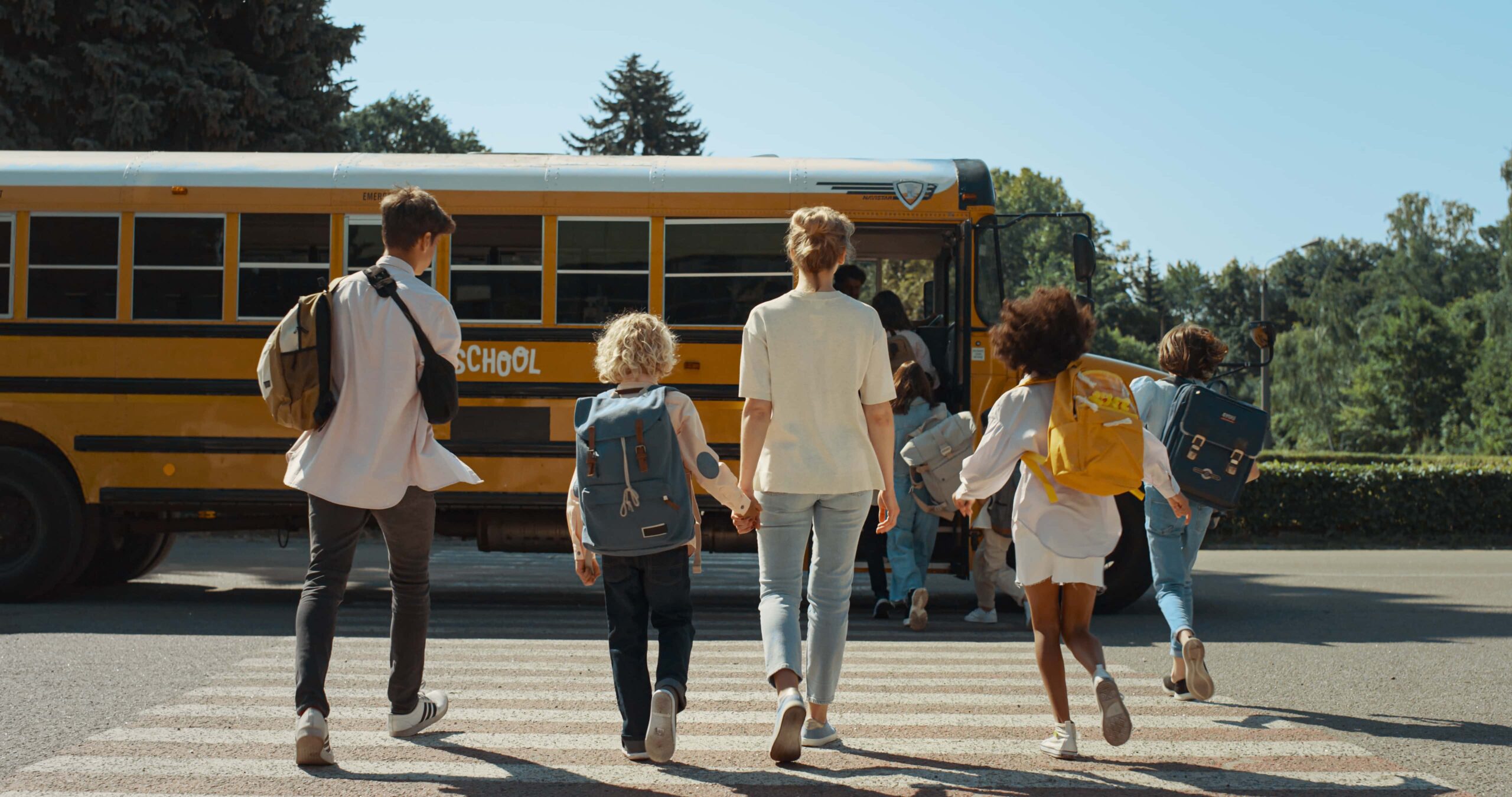In New York City, school districts develop Individualized Education Plans (IEPs) and Individualized Education Service Programs (IESPs) for students with special needs. These plans often recommend support services such as Special Education Teacher Support Services (SETSS), Special Education Itinerant Teacher Services (SEITS), and related services like Occupational Therapy, Physical Therapy, Speech and Language Therapy, Counseling, and Parent Training. However, parents often face challenges when districts only provide a list of “Department of Education-approved” agencies and set rates that many providers refuse, leading to delays and frustration. For assistance with IEP and IESP implementation, contact a knowledgeable NYC special education attorney from our firm today.
Understanding Special Education Instruction and Related Services
- Speech and Language Therapy: This service improves communication skills by addressing issues like articulation, fluency, and language comprehension, which are vital for academic success and social interaction. More intensive speech and language therapy can help children participate better in class and communicate more effectively with teachers and peers.
- Occupational Therapy: Occupational therapy helps children build fine motor skills, sensory processing, and daily living skills. More focused therapy ensures that children can perform tasks like writing, using classroom tools, and managing self-care, helping them become more independent and confident.
- Physical Therapy: Physical therapy focuses on improving gross motor skills, strength, and coordination. More personalized interventions give children the physical support they need to engage in school and recreational activities, aiding their mobility and overall development.
- Counseling: Counseling offers emotional and psychological support to help children manage stress, anxiety, and behavioral challenges. More targeted counseling provides children with coping strategies, supporting better emotional resilience and academic performance.
- Parent Training: Parent training teaches families how to advocate for their child, implement strategies at home, and collaborate with educators. With more detailed training, parents can support their child’s educational journey more effectively.
- Assistive Technology: Devices and software like speech-generating devices and hearing aids are essential for students with disabilities. More access to assistive technology ensures that students have the tools they need to succeed academically and socially.
- Applied Behavior Analysis (ABA) in School: ABA focuses on improving behaviors and skills through targeted interventions. Enhanced ABA services help students work on specific goals, resulting in measurable progress in both academic and social areas.
- ABA at Home: Home-based ABA therapy helps children work on challenges in a familiar environment. By strengthening behavior and learning at home, children see continued support and progress outside of the classroom.
- Tutoring: Personalized tutoring addresses academic gaps and strengthens subjects that students struggle with. More tailored tutoring improves understanding and performance in various academic areas.
- Special Instruction: Specialized educators provide support for children with unique learning needs. Enhanced special instruction ensures that students receive the focused help they need to excel.
- Special Education Teacher Support Services (SETSS): SETSS offers individualized instruction for students with disabilities in general education settings. More targeted SETSS ensures students get personalized help to succeed alongside their peers.
- Special Education Itinerant Teacher Services (SEITS): SEITS provide specialized support across multiple schools. Enhanced SEITS ensure students receive consistent instruction, no matter which school they attend.
- Specialized Transportation: Adapted and specialized transportation helps students with disabilities travel safely to school. More customized transportation services ensure students with unique needs, like wheelchair access or additional supervision, get to school regularly.
Disabilities Covered by IEPs and IESPs
- Attention Deficit Disorder (ADD): This disorder leads to inattention, distractibility, and impulsivity, making it difficult for students to stay focused in class and follow instructions.
- Autism Spectrum Disorder (ASD): ASD affects communication, behavior, and social interaction. Students with ASD may struggle with social cues and adapting to changes in routine.
- Asperger’s Syndrome: A form of ASD, Asperger’s Syndrome impacts social interactions and communication, though children may have average or above-average intelligence.
- Behavioral Deficits: Problems with aggression, defiance, and disruption affect learning and peer relationships.
- Developmental Delays: Significant delays in cognitive, motor, or language skills impact a child’s ability to complete age-appropriate tasks.
- Emotional Disturbances: Anxiety, mood disorders, and depression can hinder a child’s academic performance and social interactions.
- Hearing Impairment: A hearing loss that affects communication, language development, and classroom participation.
- Intellectual Disability: Below-average cognitive functioning and challenges with adaptive behavior make learning and daily tasks more difficult.
- Reading Difficulties: Challenges in reading, such as decoding, fluency, and comprehension, affect a child’s ability to access academic content.
- Speech and Language Impairments: Communication issues, including articulation, fluency, and language processing, can hinder both academic and social experiences.
- Traumatic Brain Injuries: Brain injuries can affect cognitive, emotional, and physical functions, requiring specialized support.
- Visual Impairments: Reduced vision that limits educational access and participation.
Common Challenges in Securing IEP or IESP Services
Parents often face a number of obstacles when trying to secure enhanced services for their child. Here are some common issues that arise:
- Limited Provider Options: School districts typically offer a small list of approved providers, which can limit the quality and variety of services. Some providers may not meet the child’s needs, leading to less effective support.
- Disputes Over Service Rates: There can be conflicts between the district’s service rates and what providers are willing to accept. Providers may refuse to provide services if the rates are too low, delaying service delivery.
- Inadequate Service Implementation: Even when services are included in an IEP/IESP, they might not be provided as planned. Ensuring services are consistently delivered requires continuous monitoring and sometimes intervention.
- Bureaucratic Delays: Administrative issues like paperwork errors, slow approvals, and scheduling conflicts can lead to long waiting periods for services. Follow-up and advocacy may be needed to address these delays.
- Resistance from School Districts: Some school districts may resist providing certain services, citing budget concerns or differing interpretations of legal requirements. Advocacy is essential to secure the services needed.
- Due Process Hearing Process: Disagreements with the district may require a due process hearing, which can be difficult for parents to handle without proper legal support.
What Can a Parent Do to Secure Special Education Services for Their Special Needs Child?
If your child’s IEP/IESP isn’t working or seems inadequate, there are a few steps you can take:
- Review the IEP/IESP: Check that it includes all recommended services, goals, and accommodations tailored to your child’s needs.
- Document Everything: Keep records of all communications with the school district, including emails, meeting notes, and any issues with service implementation or delays.
- Submit a “June 1st Notice” (if applicable): For children with special needs attending private school settings, you must formally request public-funded special education services before June 1st of the school year you want those services.
- Request an IEP/IESP Meeting: If you believe the plan is insufficient, ask for a meeting with the school’s special education team to discuss concerns and suggest improvements.
- Seek a Second Opinion: Consult with an educational advocate or special education expert to evaluate the plan and provide recommendations.
- File a Complaint: If the district doesn’t address your concerns, consider filing a formal complaint with the school or the New York State Education Department.
- Explore Mediation or Due Process: Mediation or a due process hearing can resolve disputes when informal efforts fail. Mediation uses a neutral third party, while a due process hearing involves an impartial decision-maker.
- Consult Legal Assistance: If you’re facing significant challenges, a special education attorney can help you handle the legal aspects of securing the services your child is entitled to.
Contact Us Today for Assistance with IESP or IEP Implementation in NYC
If you’re facing challenges in securing the services your child needs in New York City, reach out to The R.M.L. Law Firm, PLLC for a free, confidential case evaluation. Our office, located near the Mineola LIRR station, is just a short train ride from NYC, providing easy access for NYC families seeking experienced special education representation. We also offer virtual and telephone consultations.
With our expertise and dedication to special education law, we are here to help ensure your child receives the services they deserve. Contact us today.





